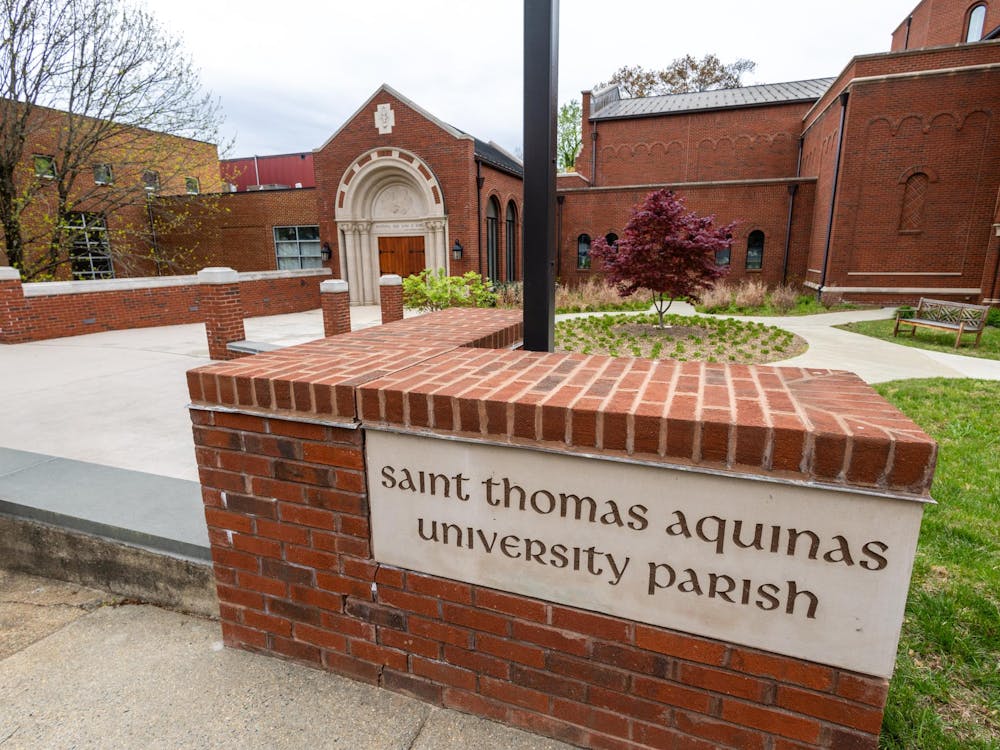As U.S. Senate and House leaders tune the government’s pending economic stimulus package, one point of contention that pertains to college and university students across the country is funding for government financial aid. An ongoing debate, government and University sources said, focuses on the question of how much money should be appropriated for Pell Grants, the federal government’s most widely utilized financial aid program.
This year, Pell Grants are helping 1260 University undergraduate students pay tuition and buy textbooks and supplies, Student Financial Services Director Yvonne Hubbard said. She added that she expects the number of students who need Pell Grants to rise next year as families are forced to grapple with a deepening recession.
To soften that blow, the Obama administration has recently started to press Congress to finalize legislation for economic rescue. Saturday, the Senate attached an estimated $827 billion price tag to the proposed stimulus package. Congress will soon begin negotiations to decide how to allot these funds and is currently debating whether funding for higher education will stimulate the economy.
“Ensuring students can attend college is extremely advantageous to our economy,” Hubbard said, adding that she was disappointed and concerned that Congress would consider reducing funding for the grants.
Alec Gerlach, a spokesperson for Rep. Dale Kildee, D-Mich., who serves on the Committee on Education and Labor, agreed with Hubbard. He said he always has supported funding for Pell Grants, both as a policy to improve education in America and as an efficacious stimulant for the depressed economy.
“Helping the economy is about creating jobs and a workforce that can sustain future growth,” Gerlach said. “We do this by insuring that students stay in school.”
He also explained that keeping students in school would help the economy because it staves off a rush of new job applicants into an already over-crowded market. Increasing access to educational opportunities, he added, raises the income — and thus the spending power — of future college graduates.
Others, however, including Rep. Tom Petri, R-Wis., who also serves on the Committee on Education and Labor, disagreed about whether allocating funds to Pell Grants could benefit the economy.
Petri’s press secretary Neal Wright said although Petri normally would be completely behind increasing the number of Pell Grants available to college students, “they’re not something that belongs anywhere near a stimulus package.”
Petri, his representative explained, believes that Pell Grants should be debated in a separate committee process, and that plans for the economy should involve programs to build bridges and roads. He said jobs created to benefit infrastructure could have a more direct and immediate effect on the economy.






